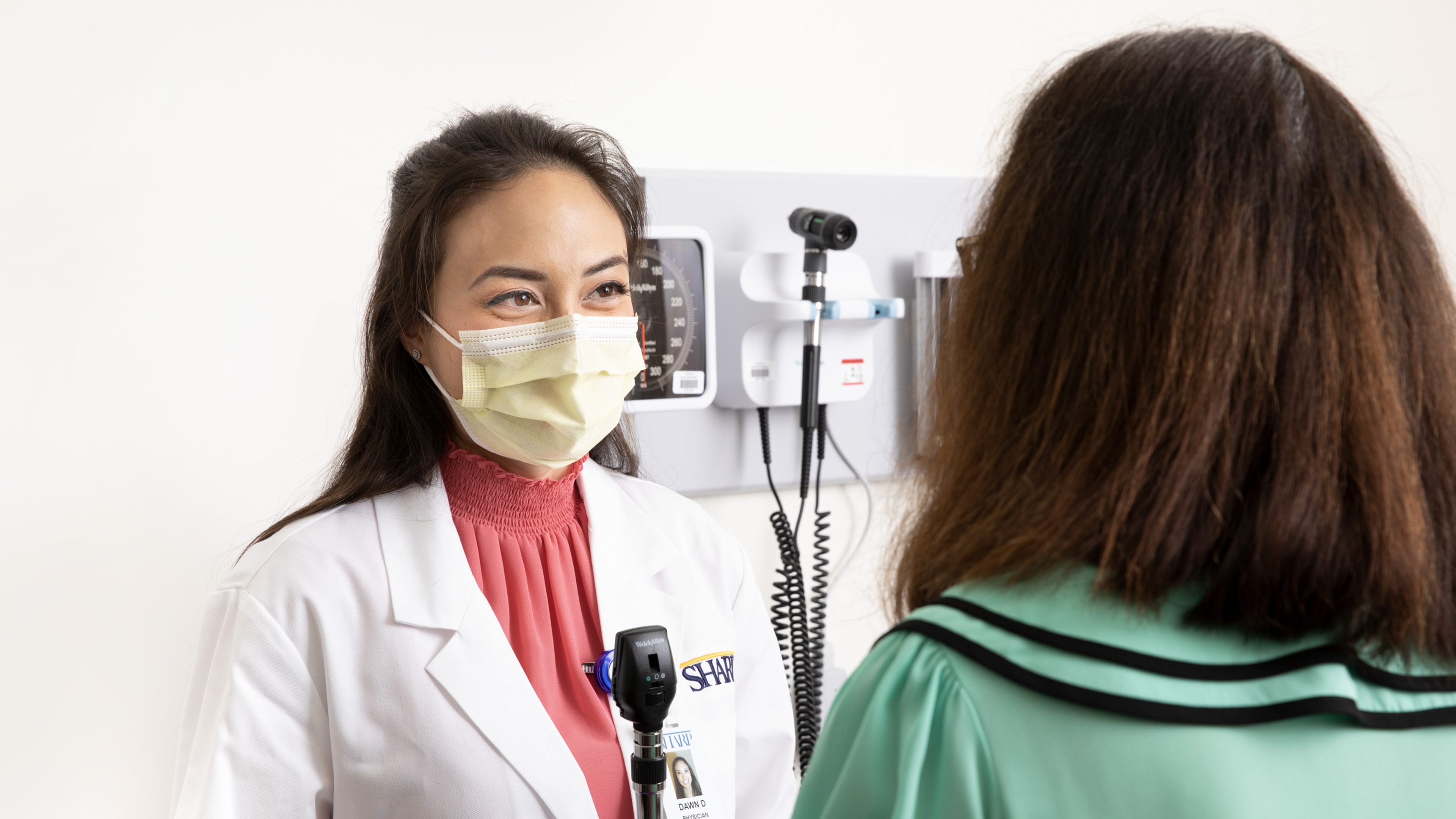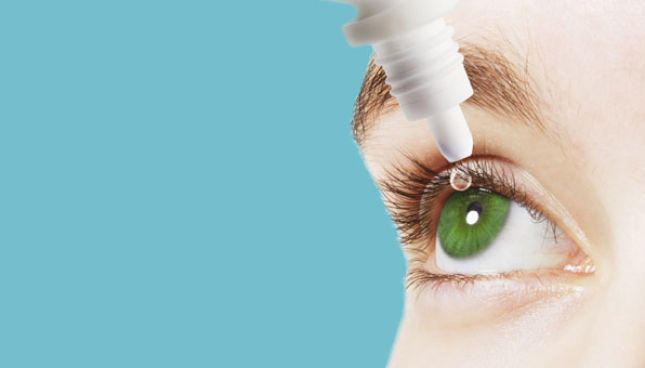Leading Cardiologist Andalusia: Your Partner in Heart Health
Wiki Article
Is Refractive Surgical Procedure Right for You? Elements to Consider for Better Eyecare
In the realm of eye care, the choice to undertake refractive surgery is a weighty one that requires thoughtful factor to consider. From the intricacies of one's eye wellness to the details of day-to-day behaviors and personal expectations, each element holds relevance in the broader landscape of refractive surgery candidateship.Eye Wellness Analysis
When taking into consideration refractive surgical procedure, a detailed eye wellness assessment is important to evaluate the suitability of the treatment for every individual. andalusia pediatrics. This evaluation entails a collection of assessments and tests conducted by an eye care professional to establish the general health of the eyes, the visibility of any type of hidden conditions, and the stability of the refractive errorThroughout the assessment, numerous aspects are taken into consideration, such as the person's case history, current eye prescription, corneal thickness, student size, and tear movie high quality. These evaluations aid to determine any contraindications to refractive surgical procedure, such as corneal abnormalities, cataracts, or unattended eye infections. Furthermore, the assessment helps to take care of client assumptions regarding the prospective end results of the surgical procedure based on their one-of-a-kind eye qualities.
Eventually, the eye health and wellness evaluation is important in making sure the safety and security and performance of refractive surgery, as it offers useful insights into the individual's eye health and wellness condition and aids establish one of the most ideal treatment choices for accomplishing ideal aesthetic results. (neurologist andalusia)
Way Of Living Analysis
A complete way of living analysis is indispensable in establishing the viability of refractive surgical procedure for a person's aesthetic improvement demands. Way of living aspects such as profession, pastimes, and daily activities play a crucial role in the decision-making process regarding refractive surgical procedure. For circumstances, people with occupations that involve a high level of physical task or direct exposure to environmental elements might have various visual requirements contrasted to those with sedentary workdesk tasks. Recognizing exactly how a person's way of living may influence their vision post-surgery is necessary for handling expectations and making certain ideal outcomes.Furthermore, lifestyle habits such as sports participation, exterior tasks, or also skincare routines can influence the recovery procedure and general success of refractive surgical treatment. By carrying out a detailed lifestyle analysis, eye care specialists can customize their suggestions and therapy plans to fulfill the unique requirements of each patient, inevitably leading to improved aesthetic results and contentment.
Assumption Alignment

Patients require to comprehend that while several individuals attain 20/20 vision or better following refractive surgical procedure, some might still need glasses for certain activities like reading or driving at night. Handling these assumptions helps avoid disappointment and frustration post-surgery, leading to a more favorable total experience for the patient.
Threat Analysis

Aspects that may raise the risk of difficulties include age, specific clinical conditions like autoimmune illness, unpredictable vision prescription, thin corneas, and impractical patient assumptions. In addition, choosing a proficient and knowledgeable doctor, following pre and post-operative treatment instructions carefully, and divulging any relevant clinical history can aid mitigate dangers.
To minimize the possibility of difficulties, ophthalmologists carry out thorough pre-operative evaluations to identify any contraindications to surgical treatment. They additionally discuss the potential dangers and benefits with individuals during the examination procedure. By engaging in open communication and shared decision-making, both the individual and the eye doctor can function with each other to determine if refractive surgery is the ideal selection based on individual risk profiles and wanted outcomes.
Examination Relevance
Taking into consideration the vital function of notified decision-making in assessing threats and prospective complications in refractive surgery, the consultation procedure holds significant relevance in leading people in go to website the direction of optimum results. Throughout the consultation, the eye doctor reviews the individual's eye health and wellness, refractive errors, and overall viability for surgical procedure. This preliminary evaluation is important in identifying the most appropriate procedure for each and every person, taking into account factors such as corneal density, student size, and existing eye problems.Additionally, the examination serves as a possibility for individuals to discuss their assumptions, issues, and any inquiries they may have concerning the surgical procedure. Clear communication in between the surgeon and the person is important to ensure sensible assumptions and a complete understanding of the potential dangers and benefits included.
Additionally, the examination allows the specialist to explain the different surgical alternatives available, their particular end results, and the post-operative care called for. This extensive conversation empowers clients to make educated decisions about their eye care, bring about better contentment and results post-surgery.
Verdict
To conclude, individuals thinking about refractive surgical procedure should go through a detailed eye health assessment, examine their lifestyle habits, align their expectations with prospective results, examine the associated dangers, and prioritize examinations with eye treatment specialists. These factors play an essential duty in determining the suitability of refractive surgical treatment for every person, making sure optimum end results and contentment with the treatment.Clients thinking about refractive surgical treatment commonly have high assumptions pertaining to the end results, anticipating ideal vision without the requirement for glasses or contact lenses. While refractive surgery can substantially improve vision and decrease dependence on visual aids, it is crucial for patients to recognize that results may vary based on specific aspects such as the level of refractive error, corneal density, and general eye health and wellness.
By engaging in open interaction and shared decision-making, both the individual and the ophthalmologist can function together to establish if refractive surgical treatment is the best selection based on private risk accounts and preferred outcomes.
Considering the essential function of educated decision-making in examining risks and possible problems in refractive surgical procedure, the examination process holds substantial value in guiding individuals towards ideal outcomes. Throughout the consultation, the ophthalmologist evaluates the person's eye health and wellness, refractive mistakes, and overall viability for surgery.
Report this wiki page